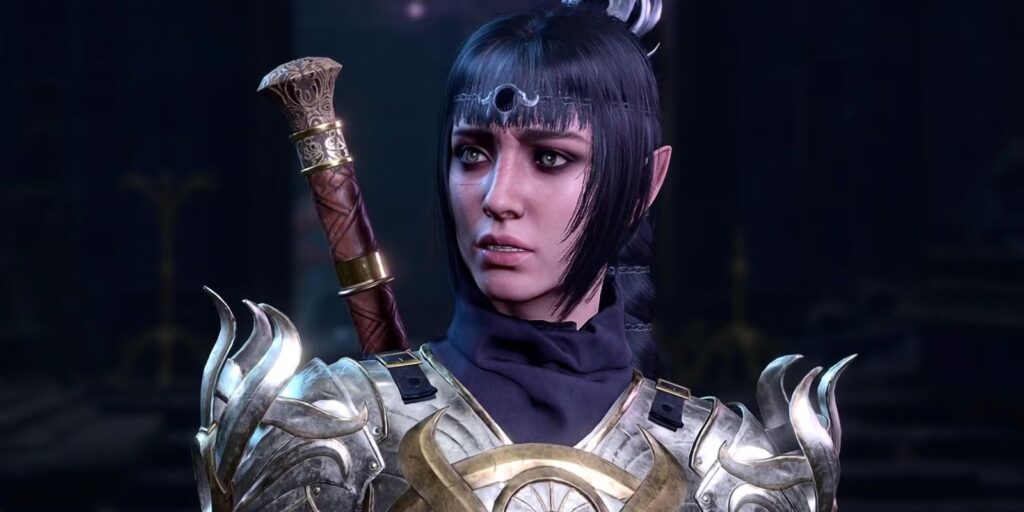
When Baldur’s Gate 3 launched in 2023, it redefined what players expect from a role-playing game. Developed by Larian Studios, the game blends tactical combat, branching storytelling, and deep character customization—all wrapped in a world that reacts to nearly every player decision. It’s not just a faithful adaptation of Dungeons & Dragons mechanics—it’s a case study in how player freedom and smart design can lead to unforgettable experiences.
Set in the iconic Forgotten Realms, Baldur’s Gate 3 lets you create your own character or play as one of several “origin” characters with rich backstories. From the first act, the game throws you into morally complex situations with no obvious right or wrong answer. Save a goblin child or side with their tribe? Cure a deadly parasite or embrace its dark power? Every decision ripples across the story, changing how characters treat you and how future quests unfold.
What makes this game special isn’t just the number of choices—it’s how well the game reacts to them. Characters remember your actions. Entire storylines branch or collapse based on who you kill, help, or betray. This dynamic storytelling requires an enormous amount of behind-the-scenes complexity. Dialogue trees, AI logic, environmental triggers—it’s all coordinated in real time.
To manage such a massive narrative web, Larian likely leaned heavily on devops strategies. Continuous testing, modular design, and automated build management are essential in a game with so many variables. Platforms like devops help developers track how changes affect different parts of the game, ensuring stability without sacrificing flexibility. In a game where one choice can break—or make—entire plotlines, this kind of infrastructure is vital.
Combat in Baldur’s Gate 3 is another highlight. Inspired by D&D’s turn-based system, it allows for high levels of creativity. You can hurl enemies off cliffs, set traps with oil and fire, or use mind-control spells in the middle of battle. Every encounter feels like a puzzle, not just a stat check.
On top of that, Baldur’s Gate 3 offers full co-op play, letting friends build stories together. The result is a game that feels alive—where every player’s journey is truly unique.
In an era of streamlined, predictable games, Baldur’s Gate 3 is a refreshing throwback and a bold leap forward. It shows what’s possible when developers prioritize narrative complexity, freedom of choice, and robust development tools behind the scenes.
Would you like the next one on a different title like Elden Ring, Stardew Valley, or something multiplayer-focused?








